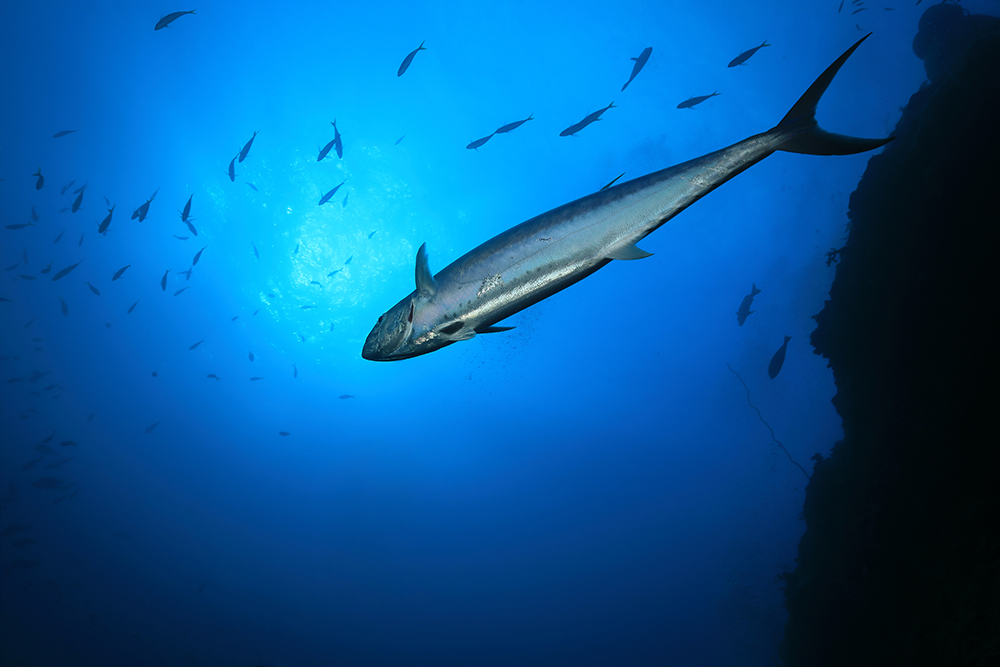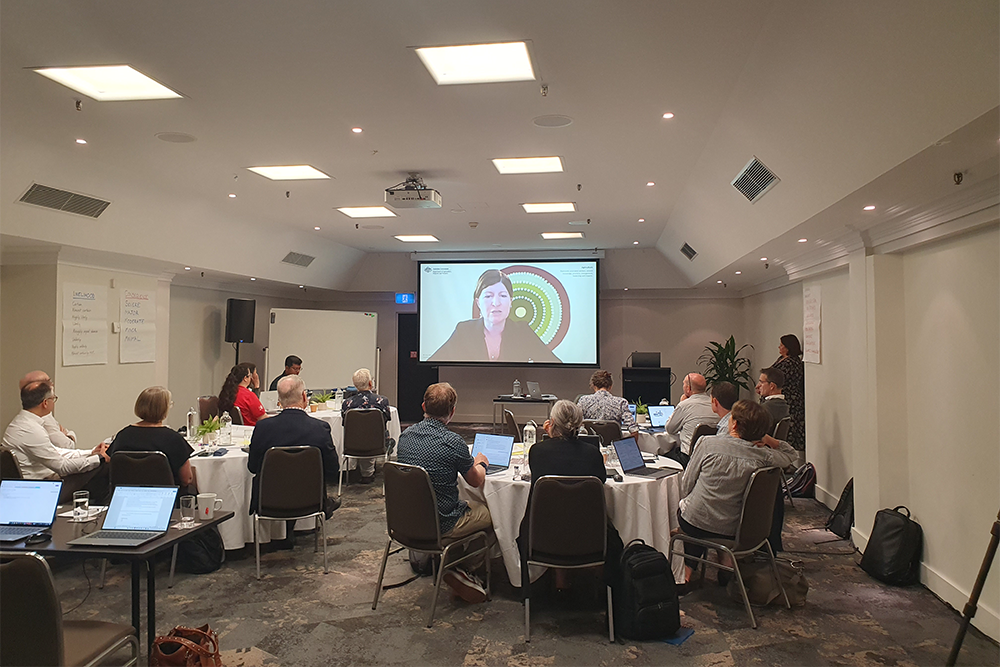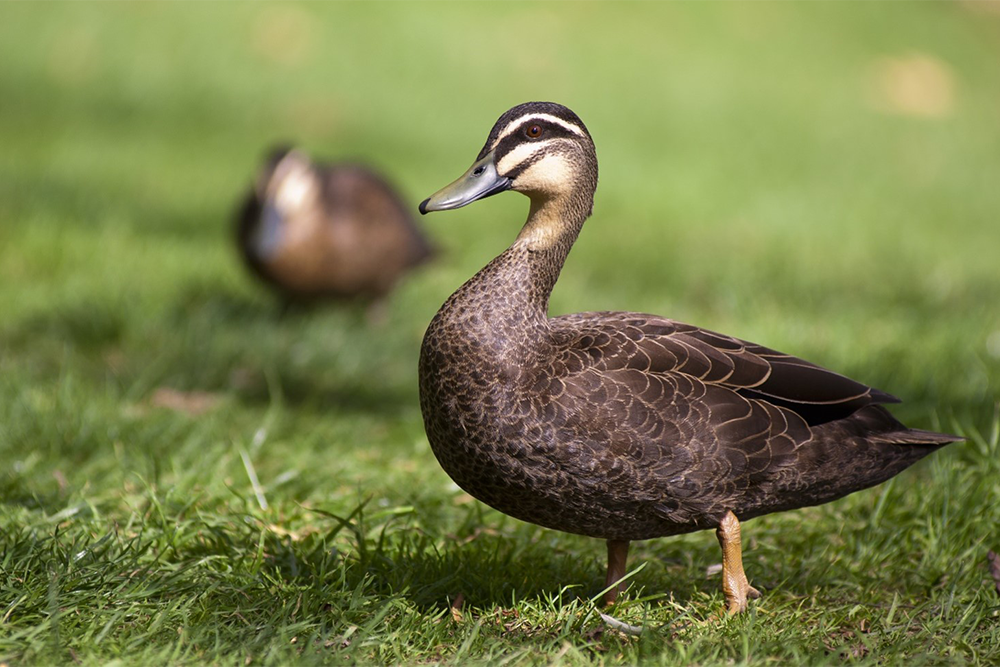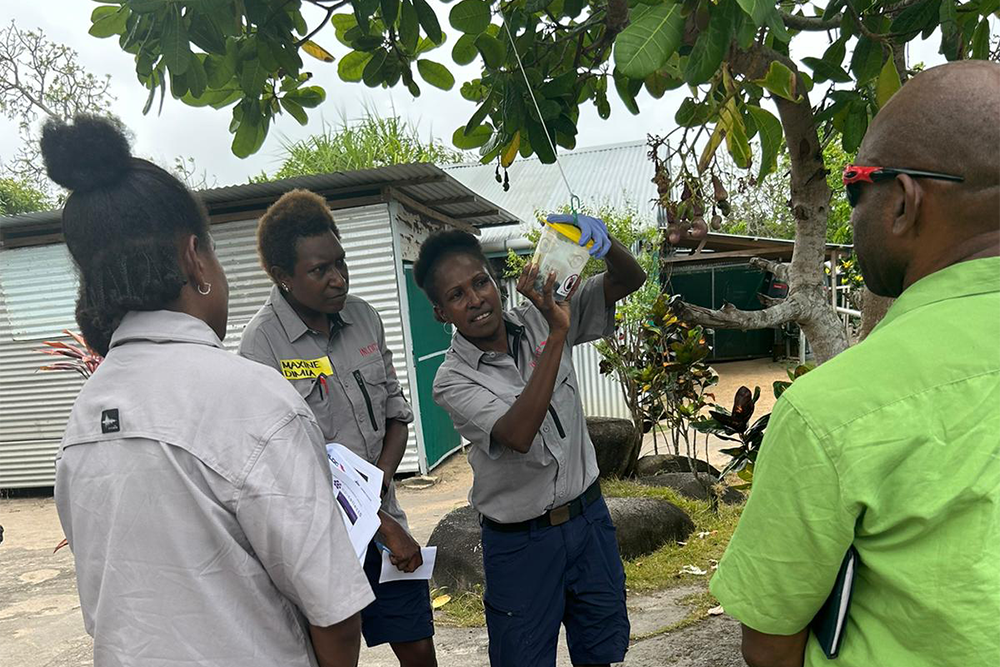Fisheries Research and Development Corporation
A growing societal awareness of animal welfare has prompted a critical examination of practices within the commercial fishing sector. Recognising the need for improved standards, the FRDC project Australian Animal Welfare Strategy: The Development of Specific Operator (Boat) Level Welfare Codes of Practice in the Commercial Capture Fishing Sector led to a report that presented six specific, practical fish welfare guidelines for various commercial capture fishing operations.
The initiative aimed to ground-truth existing general welfare principles in the realities of diverse fishing methods. This involved a collaborative process with fishers to understand their operations and identify feasible welfare enhancements. The focus was on minimising stress to fish while maintaining the economic viability of fishing businesses.
Embedded researchers recorded detailed observations of handling practices within fishing operations. This first-hand experience informed the development of tailored welfare guidelines for haul seining, mesh netting, trawling and line fishing. These guidelines emphasised the importance of minimising physical damage, reducing time out of water and implementing humane killing methods.
The project demonstrated the feasibility of integrating fish welfare considerations into commercial fishing practices. It highlighted the potential for incremental improvements in handling techniques to significantly enhance fish wellbeing. The study also underscored the link between fish welfare and product quality, suggesting that investments in welfare can yield economic benefits.
To maximise the impact of these guidelines, widespread adoption and continuous refinement are essential. Further research should explore the economic implications of welfare-enhancing measures and develop strategies to incentivise their implementation. The success of this project lies in its potential to foster a culture of care within the commercial fishing sector, ensuring that fish are treated with respect throughout the entire process.
Finally, this project was developed as an initiative of the Aquatic Animal Welfare Working Group, established under the lapsed Australian Animal Welfare Strategy (AAWS), and demonstrates the value of the strategy as a catalyst for supporting good animal welfare in Australia. The renewal of the AAWS will consider contemporary animal welfare science with priorities that meet current challenges and opportunities. The AAWS presents an opportunity to revisit this project and its associated guidelines.
Acknowledgements
The department thanks Fisheries Research and Development Corporation (FRDC) for the provision of the case study.

Photo on cover: Researchers measuring the length of a Gummy Shark (Mustelus antarcticus) as part of an FRDC-funded research project. © Fisheries Research and Development Corporation



